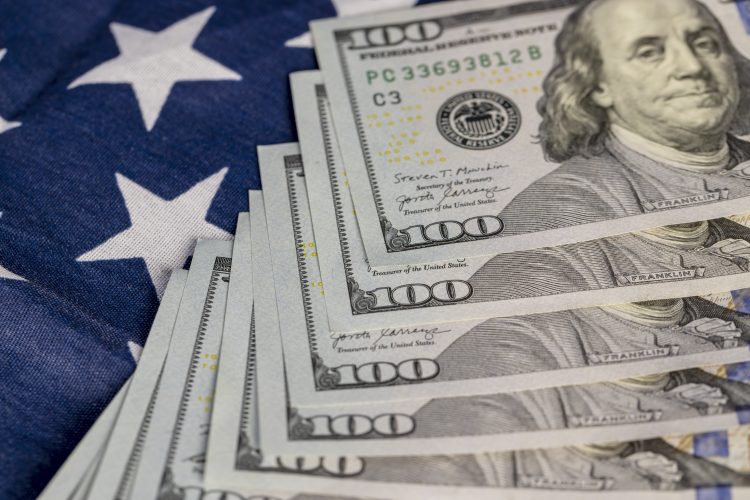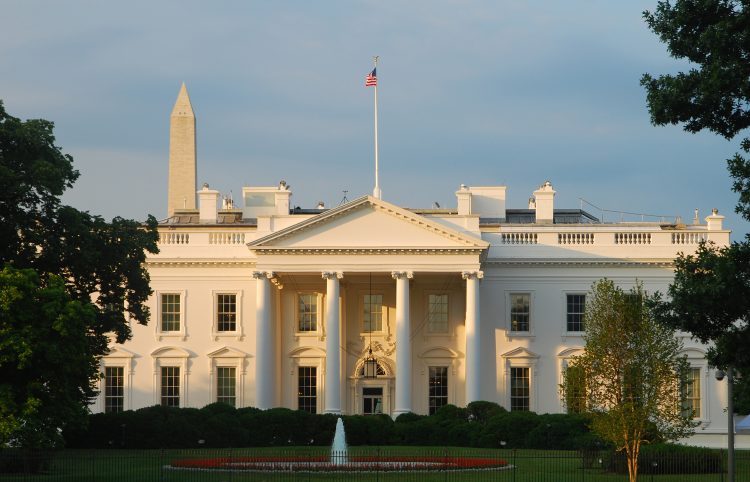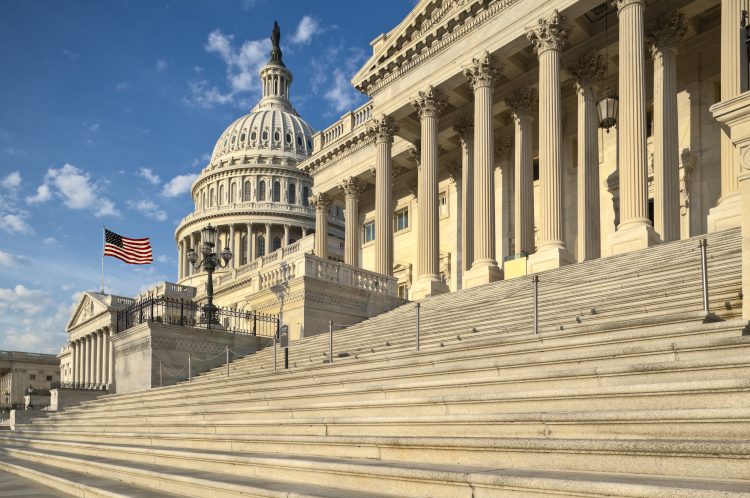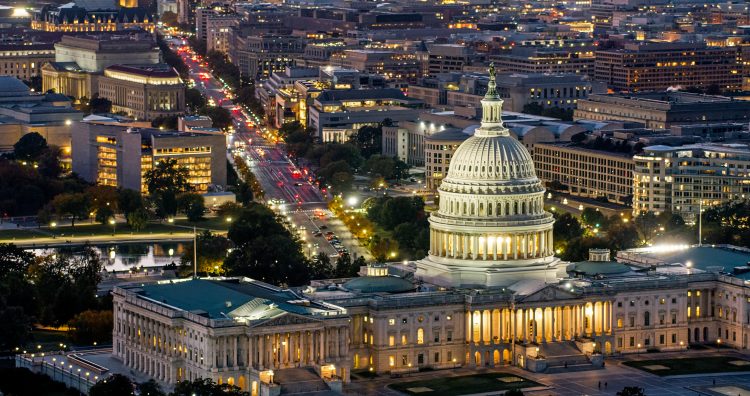This week on Facing the Future we talked with former Congresswoman Carolyn Bourdeaux who has been named the new Executive Director of The Concord Coalition. In addition, Bourdeaux will head up Concord Action, a new advocacy organization created to marshal grassroots support for fiscal responsibility.
We began by discussing President Trump’s speech on Tuesday night to a joint session of Congress. Bourdeaux commented that Trump “did make a nice hat tip to a balanced budget, which I appreciated. He said he would balance the budget and he would address the debt. However, the revenues and expenditures that he talked about just don’t add up.”
She explained that Trump “has a lot of tax cuts and some spending initiatives that are extremely expensive and going to increase the deficit quite a bit. On the other side, the savings that he talks about are either very small, although dramatic, or they are things like tariffs which have a lot of potential negative economic impacts.”
During the speech, Trump listed several items that his Department of Government Efficiency (DOGE) has targeted for elimination. Most of them, however, have savings measured in millions of dollars relative to a budget deficit of nearly $2 trillion.
“The tax cuts are trillions with a T,” Bourdeaux said, “and the savings are millions with an M. Everybody is for getting rid of waste, fraud, and abuse. There’s probably a lot of things that need to be cleared out. But we’re not going to get close, we’re not even going to be in the ballpark or even playing in the same league in terms of closing the deficit and then addressing the national debt. Last I checked, CBO was projecting the deficit will be $1.9 trillion this year, and you just can’t close that with a couple million here and there.”
Bourdeaux also expressed concern about the way in which DOGE has operated. “They’re drawing a lot of lawsuits,” she observed. “One of the things that can happen if you do it this way is you end up with huge settlements. So you end up not only not saving money. You end up costing more money.”
Trump has talked about raising tariffs as a way to bring in more revenues to close the budget gap and Bourdeaux agreed that tariffs have the potential to raise serious money. She noted, however, that it is difficult to estimate how much money would be raised because with tariffs as large as Trump is talking about, “we don’t have a lot of experience with how people will switch, how they will substitute, how they will change doing business in response to tariffs.”
Bourdeaux noted other caveats with relying too heavily on tariffs. “Under the Tax Cut and Jobs Act, the average household will continue to have the benefit of certain tax cuts, they will be extended, but all of that money will go right out the door to pay for the tariffs because those are essentially sales tax increases.”
Continue Reading











